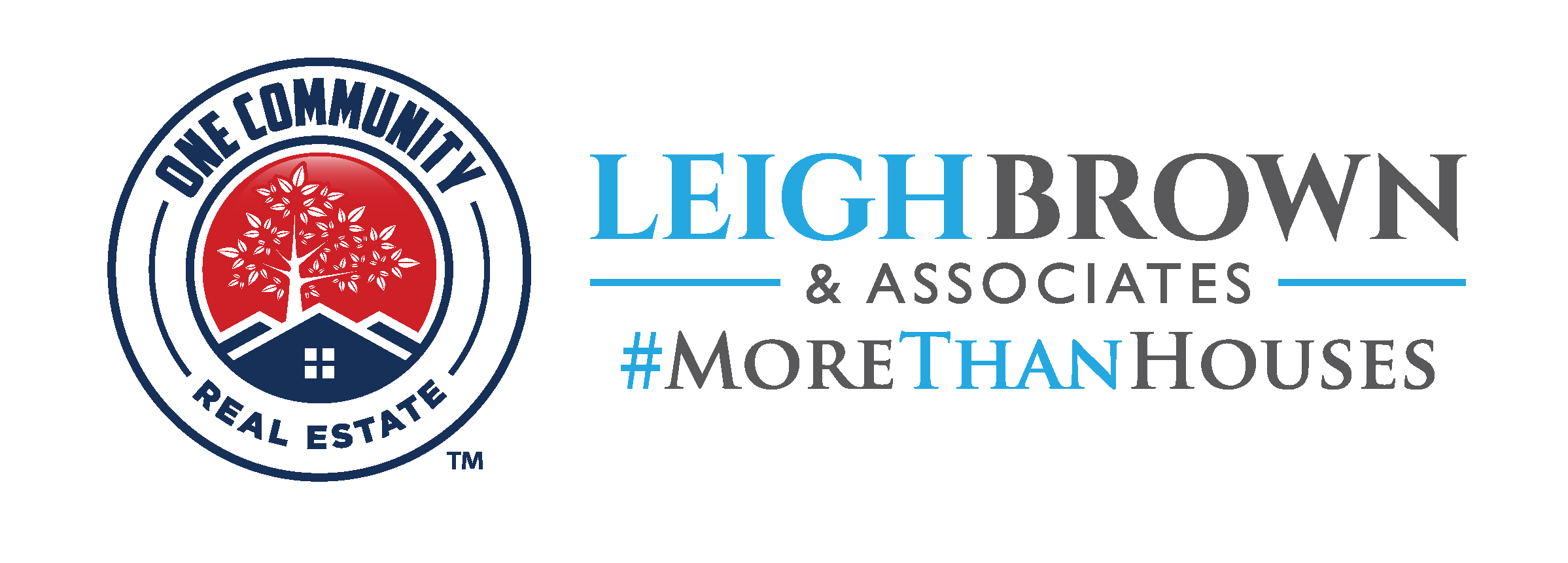If you’re purchasing a home as an investment property, in hopes of selling it at some point down the road, it’s important to consider the potential resale value while you are on the home hunt.
During your search for the right house, there are a few things you can look for that will save you from a troubled listing in the future. Take a look at our tips so you can get the most out of your next purchase.

Tip no. 1: Location, of course!
While location is always an important factor when it comes to real estate, it is a big factor in the potential resale value of a home. Houses that are located near good schools, healthcare facilities, nice recreational areas, and even access to public transportation (or safe walking spaces) will have a much better resale value that the ones that require a longer commute to the places homeowners want to be.
Although the chances are likely that you’re not able to predict the future, it is important to consider possibilities for this property that haven’t happened yet. Are there any plans in the works to change something about the location? If the home is in a good area now, will it continue to be a good area? If it’s a bad area now, are there plans in place to improve it?
Tip no. 2: Exterior & Interior Features
The many features of the home are also something to consider in terms of the potential resale value. These features include the number of bedrooms and bathrooms, the amount of space for entertaining family and friends, the amount of storage space, and a garage or a private driveway.
While these features may vary depending on who your potential buyer is, usually people are looking for a two-to-three-bedroom home with a floorplan conducive for entertaining, with a safe place to keep their vehicle.
Another feature to consider is the view – does it overlook a body of water? Or a highway? Depending on the potential buyer, you’re more likely to a higher resale price for a peaceful view than for a noisy, less-attractive view.

Tip no. 3: Age & Condition
On top of looking at a home’s features, you must consider the age of these features and their condition. Generally speaking, older homes are going to offer less resale value, unless it is a historic home that’s been preserved.
Most potential buyers aren’t looking to put much work or money into a newly purchased property, so if the features of the home (i.e. the cabinets or hardware) make it look outdated, this may lower your resale value.
Tip no. 4: How Does it Fit?
While the biggest home in the neighborhood may be tempting, that’s not going to be your best option for resale – nor is the cheapest house on the street. A house that offers good resale value is going to fit right into the neighborhood.
You’re most likely to sell a home that has the same grade of features as the others around it, which means granite countertops if that’s what all of the neighbors have. If they don’t? Don’t upgrade to something that’s going to make it too expensive. However, if other homes have modern, energy-efficient technology and this one doesn’t, you will want to invest in that upgrade.
Tip no. 5: Negative Occurrences
The final, and less pleasant thing to consider for resale value, is anything negative that’s happened to (or in) the home. This includes a natural disaster, such as a flood that caused water and mold damage, or a fire. You should also consider if the home is known because of a violent crime that happened in or near the home. Any and all of these things may deter a potential buyer.
